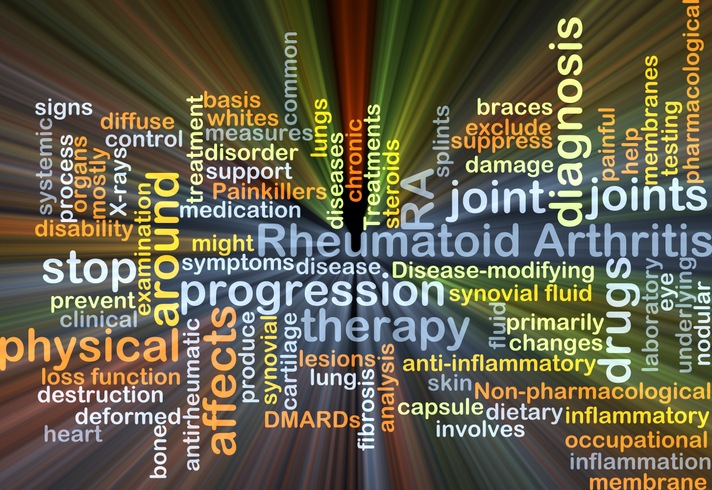
Here are the top stories recently covered by DocWire News in the rheumatology section. In this edition, read about the results of the COVACTA trial, tumor surgery outcomes during the COVID-19 pandemic, racial disparities in joint arthroplasty episode-of-care costs, and depression’s effect on employment in arthritis.
Roche’s arthritis drug tocilizumab failed to meet the primary and secondary endpoints in COVACTA, a randomized, phase 3 trial of COVID-19 patients hospitalized with pneumonia, the company announced. Four-week mortality rates did not differ between the tocilizumab patients versus placebo patients. The difference in median number of ventilator-free days between the tocilizumab versus placebo groups did not reach statistical significance. The results of Roche’s study follow those of an earlier Italian trial that found tocilizumab was not effective in COVID-19 patients.
A study reported on the outcomes of patients who underwent surgery to treat bone and soft tissue tumors (BST) in the UK during the pandemic. Fifty-six patients underwent BST surgery at the index hospital (n=27), a UK-based tertiary BST center, or a COVID-free facility (n=29). About a third of patients (n=20; 35.7%) had an American Society of Anesthesiologists (ASA) grade III or IV. Patients were followed for at least 30 days after surgery. Nearly all patients were recovering well at follow-up (n=54; 96.4%). Among the 13 patients who sustained complications, all but one (92.7%) occurred in patients with an ASA grade III or IV. Four patients (7.1%) developed COVID-19, three of whom sustained pulmonary complications necessitating escalation of care; two patients died.
Episode-of-care costs following total hip arthroplasty (THA) and total knee arthroplasty (TKA) are higher for black patients than white patients, according to a study. Medicare claims data were assessed for 7,310 consecutive primary THA and TKA patients treated at a single institution between 2015 and 2018. Black patients tended to be younger than white patients but had higher pulmonary disease and diabetes rates. Black patients, compared to white patients, were more likely to be discharged to a rehabilitation facility and had higher subacute rehabilitation, home health, post-acute care, and overall 90-day episode-of-care costs. Black race was correlated with a $440 increase in episode-of-care costs when controlling for confounding comorbidities.
Depression is known to worsen quality of life in patients with rheumatoid arthritis. A new study also observed that depressive symptoms in arthritis patients may be negatively correlated with employment participation. Final analysis included 11,380 working-age adults with arthritis. The overall prevalence of depressive symptoms was 13%. Patients with depressive symptoms, versus those without, were more likely to have fair/poor health and activity limitations due to their arthritis. When assessing data by age, middle-age adults with depressive symptoms, compared to patients in the same age group without depressive symptoms, were much less likely to be employed, with similar outcomes observed for the younger and older adults.







 © 2025 Mashup Media, LLC, a Formedics Property. All Rights Reserved.
© 2025 Mashup Media, LLC, a Formedics Property. All Rights Reserved.